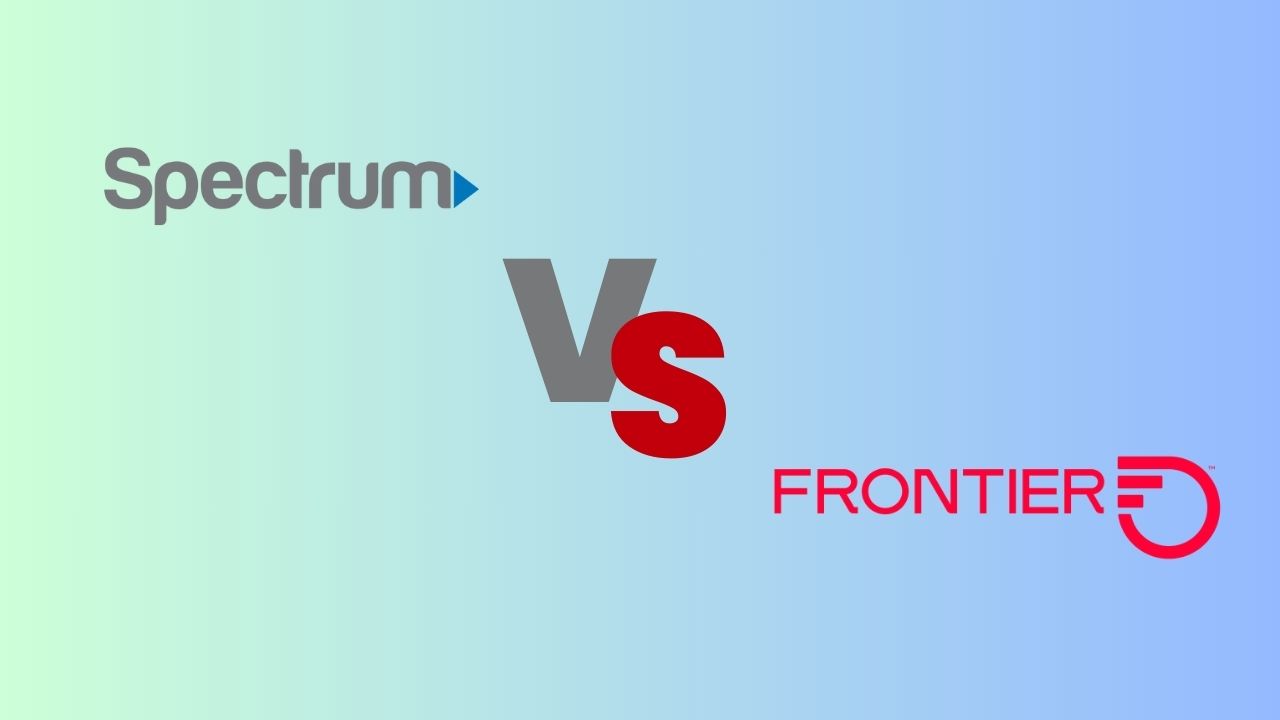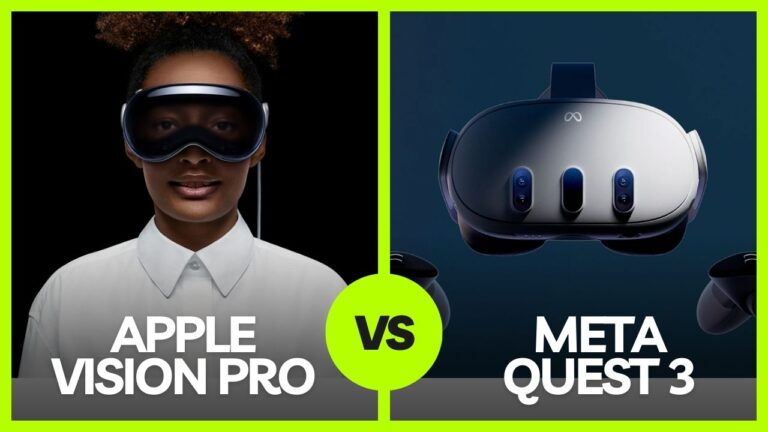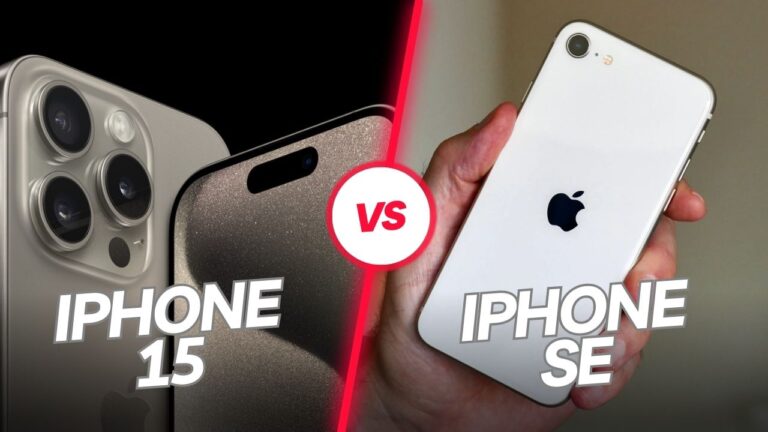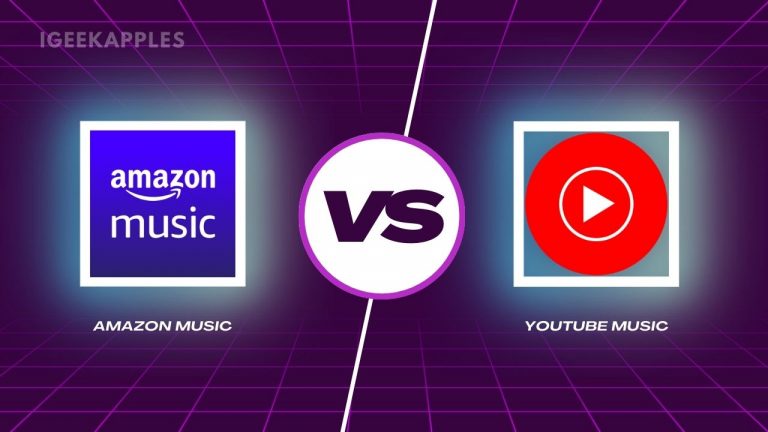Frontier vs Spectrum: Which is Better for Home Internet?
The Internet has become an essential utility in our homes today. A reliable and fast home internet connection is crucial for work, entertainment, education, and more. When it comes to choosing an internet service provider (ISP), Frontier and Spectrum are two of the major options available in many regions across the U.S.
Frontier Communications offers internet, TV, and phone services to 29 states in the country. Spectrum, owned by Charter Communications, also provides similar services to over 31 states. Both ISPs have their fair share of fans and critics. So which one is the better choice for your home internet needs? We compare the two prominent ISPs on important criteria like speed, reliability, coverage, and pricing.
Spectrum and Frontier have their pros and cons. Your choice between the two would depend on what you prioritize – blazing fast speeds or lower monthly costs, cable TV services or simplicity, and so on. Read on as we explore all factors that impact your day-to-day internet experience.

Frontier vs Spectrum: Which is Better for Home Internet?
When choosing between Frontier and Spectrum internet for your home, key factors like speed, reliability, coverage area, bundled plans, and pricing come into play. We discuss how the two ISPs compare on these parameters.
Speed
Internet speeds can make or break your home internet experience today. Both Frontier and Spectrum promise high speed internet to subscribers.
Spectrum offers up to 940 Mbps download and 35 Mbps upload speeds across its plans. In reality, most customers experience average speeds of 300 Mbps with Spectrum. Frontier advertises speeds up to 500 Mbps but real-world speeds tend to max out at 85 Mbps.
In the speed department, Spectrum outpaces Frontier by a mile. Spectrum leverages hybrid fiber coaxial network technology to deliver faster, more consistent speeds. If blazing-fast internet is your priority, Spectrum wins over Frontier effortlessly.
Reliability
A reliable internet connection is as crucial as speed for modern households. Unfortunately, both ISPs grapple with below-average ratings for reliability.
Frontier in particular shoulders more complaints about frequent downtimes and connection drops. However, Spectrum also faces criticism for brief yet disruptive intermittent outages.
When it comes to reliability, Spectrum gets a slight edge for leveraging robust infrastructure. But there’s still much room for improvement for both players.
Coverage Area
Your choice between the two providers also depends on their coverage footprint in your area.
Spectrum has extensive infrastructure covering over 31 states in the U.S. Frontier’s copper network spans across 29 states. However, Frontier’s DSL internet is only available to 75% of households in its territory.
If you have a choice between Spectrum and Frontier plans where you live, Spectrum’s widespread coverage makes it the more accessible option for most.
Bundled Plans
Bundling your TV, phone, and internet plans together often helps you save money each month. Both Frontier and Spectrum attempt to tempt subscribers with alluring bundled plans.
Triple play packages from Spectrum start at $99 a month. You get internet, cable TV with 200+ channels, and unlimited nationwide talk and text. Spectrum does not enforce contracts so you can customize or cancel anytime.
Frontier’s Triple Play packages also start at $100 a month for 500 Mbps fiber internet, phone, and TV. Only Frontier fiber customers have access to the full range of bundles. DSL subscribers may be limited in their bundling options. Similar to Spectrum, Frontier does not impose contracts.
Pricing
Lastly, the monthly costs and added fees determine whether Frontier or Spectrum make financial sense for your home.
Spectrum’s internet-only plans start at $49.99 a month for 200 Mbps. Triple Play bundles cost upwards of $90. Taxes, equipment charges, and other fees can quickly add $10 – $15 to your bill.
Frontier’s internet plans start at $27.50 a month for 50 Mbps speed. Bundles begin at $100 covering internet, cable TV, and phone. Watch out for an early termination fee if you cancel DSL plans within your contract period.
While Spectrum commands premium pricing, Frontier tries to appeal to the budget-conscious with lower monthly rates. Factor in potential hardware costs and contract terms before zeroing in on either ISP.
FAQs
1. Which has better customer service – Frontier or Spectrum?
In customer service and support, Spectrum tends to perform better than Frontier. Spectrum gets fewer complaints regarding unhelpful support or lengthy waits. Frontier grapples with more negative reviews when it comes to resolving subscriber issues smoothly.
2. Is Frontier fiber internet better than Spectrum?
Frontier’s fiber optic internet is at par and often better than Spectrum in terms of speeds and reliability. However, Frontier fiber availability is quite limited. Spectrum’s hybrid fiber coaxial network has wider reach while offering strong performance too.
3. Does Frontier have data caps?
No, Frontier does not enforce data caps on its home internet subscribers currently. This makes it a preferred choice for heavy internet users over Spectrum plans with data limits.
4. Which ISP costs less – Spectrum or Frontier?
Frontier generally offers cheaper plans compared to Spectrum’s premium internet pricing. However, Spectrum provides faster speeds and better performance to justify the higher costs. Depending on what you prioritize, pick between lower prices (Frontier) or better service (Spectrum).
Conclusion
Choosing between Spectrum and Frontier boils down to weighing factors like availability, internet speeds, reliability, value-added services, and affordability.
Spectrum sweeps over Frontier when we talk raw performance metrics like speed and coverage reach. But Frontier compensates by catering to budget shoppers.
Evaluate all aspects in light of your household’s usage needs. Gamers and streamers are better off with Spectrum’s blazing fast and unlimited data plans. Cost-conscious light users may be okay with slower yet cheaper Frontier internet. With both ISPs expanding fiber infrastructure, the playing field is likely to get more competitive moving forward.





